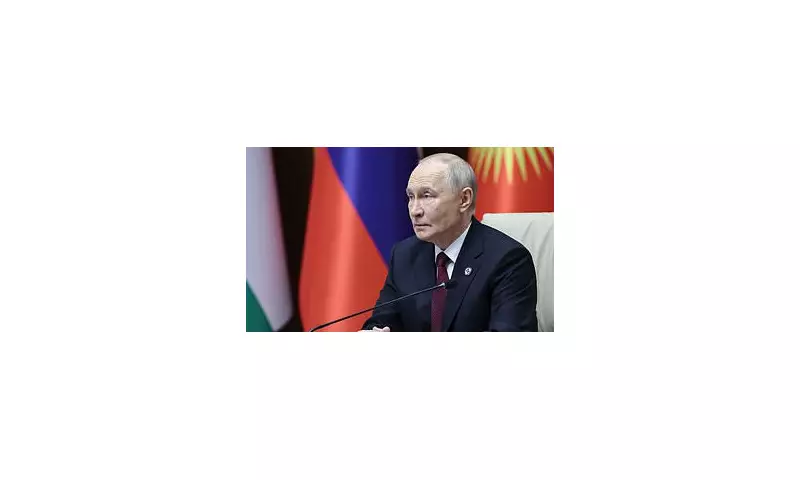
Russian President Vladimir Putin has issued a stark nuclear warning, declaring that Moscow could be forced to achieve its objectives by military means if Ukraine does not withdraw its troops under a proposed peace deal reportedly backed by Donald Trump.
The Ultimatum and Nuclear Posture
Speaking on Thursday, the Russian leader delivered a chilling ultimatum, stating that fighting would cease immediately if Kyiv orders a full withdrawal of its forces from contested territories. The outlines of a draft peace plan, previously discussed between the United States and Ukraine, were acknowledged by Putin as a potential foundation for future agreements to end the conflict.
When questioned about nuclear testing, Putin stated that Russia 'should be prepared for any developments,' a remark that will heighten global anxieties about the potential for escalation. He further emphasised that the pace of Russia's military advance across various fronts was 'noticeably increasing,' signalling a continued commitment to aggressive military action.
Diplomatic Movements and Future Agreements
Putin confirmed that a variant of the peace plan discussed by US and Ukrainian officials in Geneva had been passed to the Kremlin. 'In general, we agree that this can be the basis for future agreements,' he said, offering a rare glimpse of potential diplomatic progress.
However, he tempered this with a caution that while the US was taking Russia's position into account, several key issues remained unresolved and required further discussion. This creates a complex diplomatic landscape where the threat of force looms over nascent peace efforts.
Implications for International Security
This direct nuclear threat represents a significant escalation in Putin's rhetoric and poses a serious challenge to international security frameworks. The explicit linkage of a proposed peace deal with the potential for nuclear preparedness shifts the dynamics of the conflict, placing immense pressure on Ukrainian leadership and its Western allies.
The situation demands careful navigation from global powers. The international community must now assess how to respond to this dual approach of tentative diplomacy backed by overt military threats, including the spectre of nuclear force.





